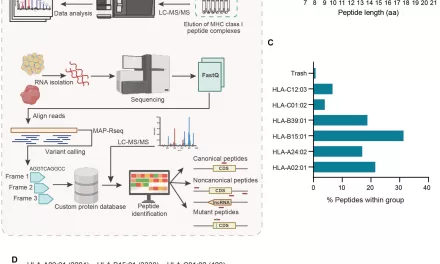Date: December 23, 2024
In a groundbreaking study published in the journal Nutrients, researchers have found that the eating habits of pregnant individuals and their non-pregnant partners significantly influence gestational weight gain (GWG). This discovery highlights the role of shared behaviors in managing pregnancy-related health risks.
The Study
The cohort study, conducted in the United States, analyzed data from 218 pregnant individuals with an average age of 30.3 years and 157 non-pregnant partners averaging 31.4 years. The findings revealed a mean GWG of 11.8 kilograms, with nearly half of the pregnant participants exceeding recommended GWG guidelines.
The study also uncovered variations in GWG based on pre-pregnancy body weight. While only one in three pregnant individuals with a healthy weight exceeded recommended GWG, the rates were markedly higher among overweight (63%) and obese individuals (52.2%).
Eating Behaviors Examined
Researchers explored three key components of eating behavior: cognitive restraint, dietary disinhibition, and perceived hunger. Among pregnant participants, 57%, 86%, and 89% scored low in these areas, respectively. Interestingly, those with a healthy weight were more likely to exhibit lower scores across these components, reflecting better control over their eating habits.
Non-pregnant partners demonstrated healthier eating patterns overall, with lower scores for dietary disinhibition and perceived hunger. However, their cognitive restraint scores were positively associated with increased GWG in their pregnant partners. For each unit increase in a couple’s cognitive restraint score, GWG rose by an average of 0.23 kilograms, even after accounting for BMI and demographic factors.
Key Insights and Implications
The study underscores the interconnected nature of eating behaviors between couples during pregnancy. The positive association between couples’ cognitive restraint scores and GWG suggests that shared eating habits could either mitigate or exacerbate excessive weight gain during pregnancy.
Excessive GWG is linked to several health risks, including gestational diabetes, hypertension, and complications during delivery. These findings open up new opportunities for healthcare providers to address pregnancy health through a family-centered approach, targeting both partners’ eating habits to achieve healthier outcomes.
Conclusion
The study’s results emphasize the importance of addressing eating behaviors as a shared responsibility between pregnant individuals and their partners. By fostering healthier dietary habits together, couples may better manage GWG and reduce associated risks, paving the way for healthier pregnancies and long-term well-being.
For more information, visit the study’s publication in Nutrients or access the summary at News-Medical.












